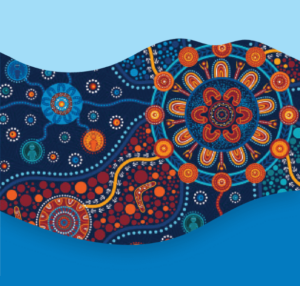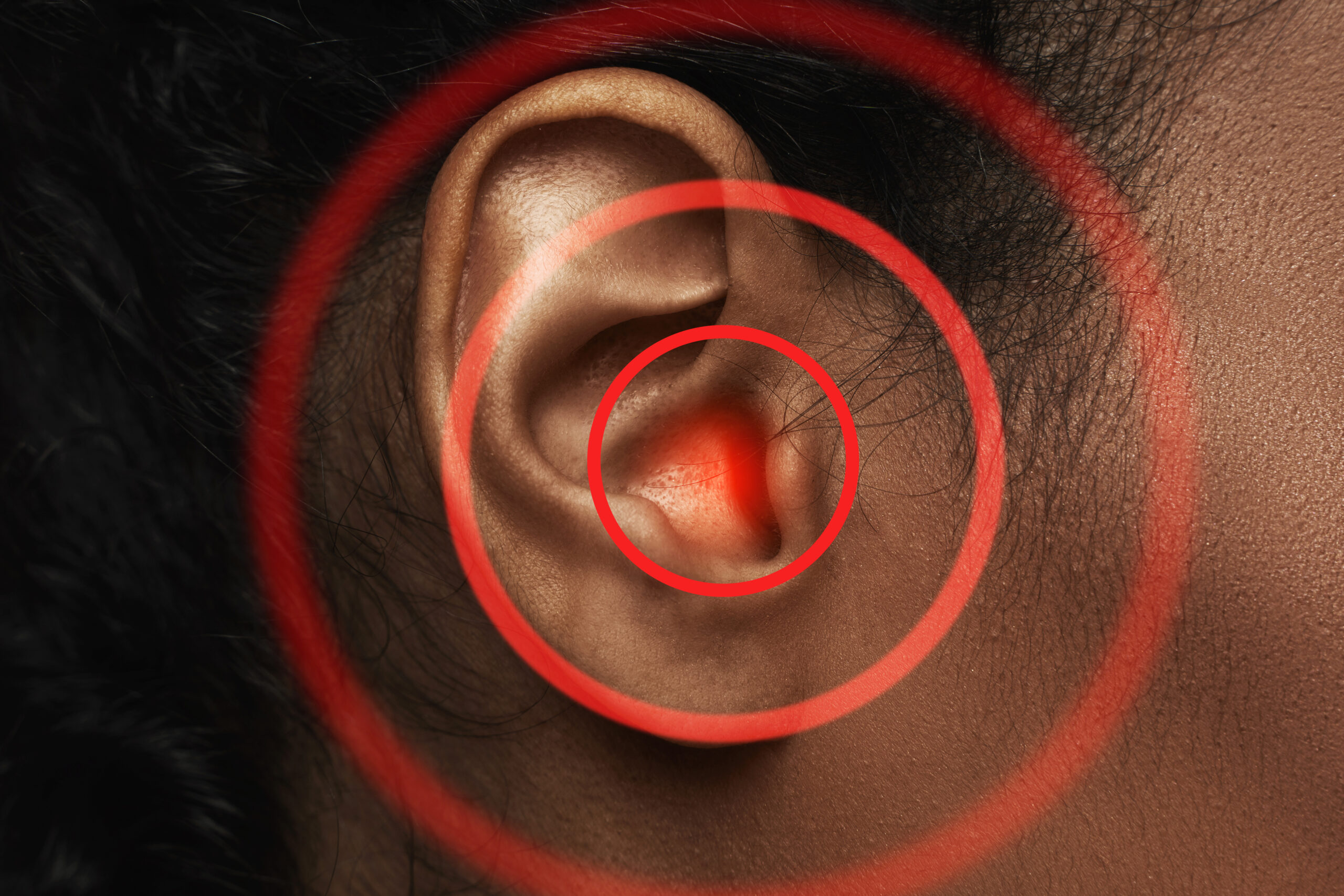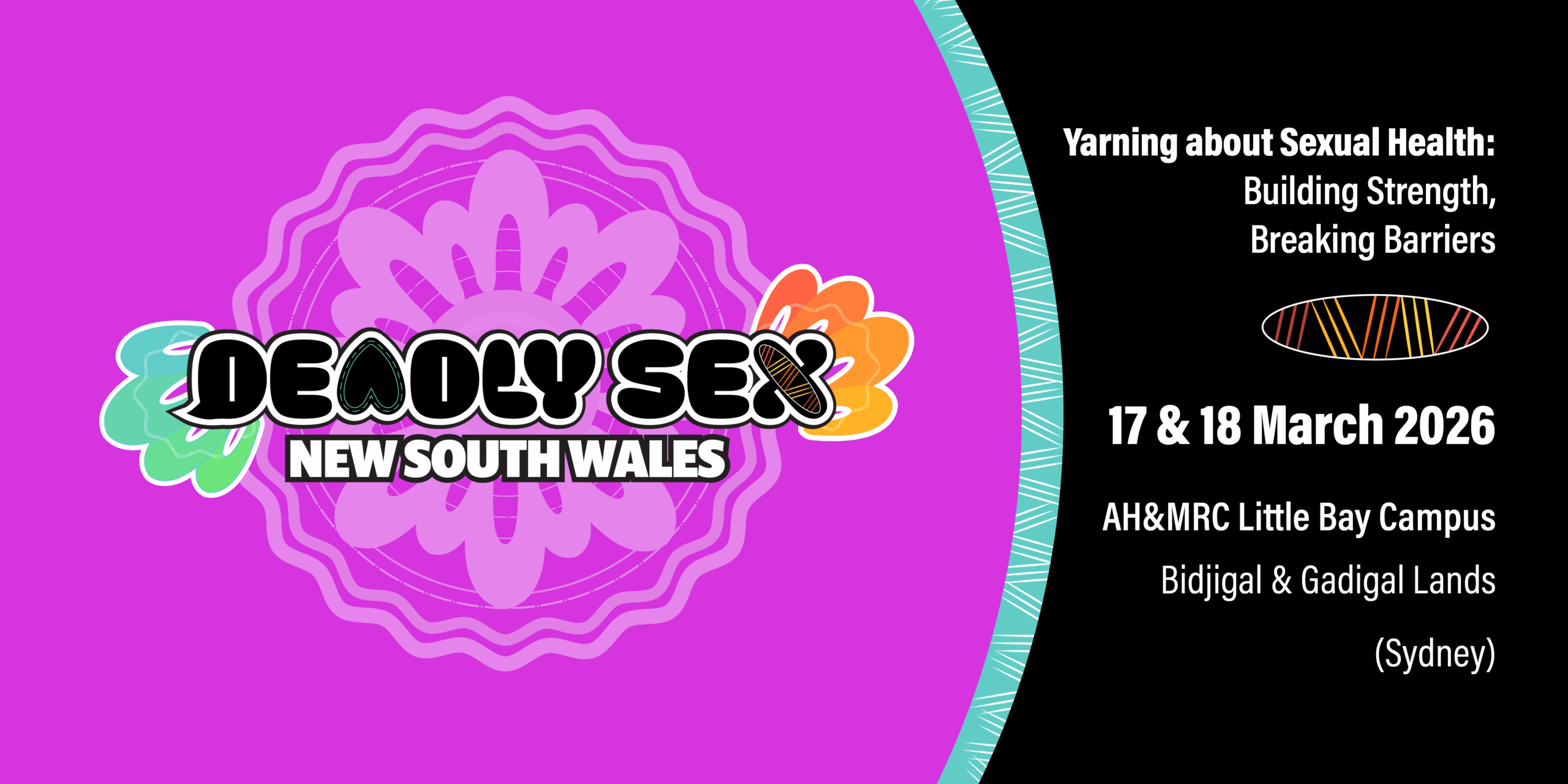Attention Deficit Hyperactive Disorder (ADHD) is a complex diagnosis with impact in Aboriginal communities, as outlined in the 2023 NACCHO submission to the senate about the barriers to assessment and support services for people with ADHD.
Until now, people seeking assessment and diagnosis for ADHD have been referred by their GP to see a paediatrician or psychiatrist. However, Stage 1 of the NSW ADHD prescribing reforms began on 1 September 2025, with trained GPs able to prescribe ongoing psychostimulant medication for patients aged 6 and over who have a previous ADHD diagnosis and are stable on treatment.
Stage 2 of the reforms, which will allow GPs to diagnose ADHD and initiate medication, is expected to commence in early 2026. Details about training and eligibility for this next phase will be released later this year.
What This Means for ACCHOs and Primary Care Providers
These changes have the potential to improve equity and expand access to culturally-safe ADHD management through trained GPs (continuation prescriber) in NSW ACCHO’s able to represcrbe ADHD medication for stable patients.
- GPs can now apply to become “continuation prescribers”, allowing them to prescribe ongoing ADHD medication for eligible patients.
- Training is funded by NSW Health, and priority will be given to GPs working in Aboriginal Community Controlled Health Organisations (ACCHOs).
- This reform helps free up specialist appointments for new and complex cases, while enabling GPs to provide more holistic, accessible care.
ADHD Treatment Is More Than Just Medication
While medication can play an important role in managing ADHD, it’s not the only option. Many individuals benefit from a multimodal approach that includes:
For children and adolescents:
- Parent training and support programs
- Classroom-based interventions
- Behavioural therapy
- Speech and occupational therapy (especially for co-occurring developmental concerns)
- Social skills training
- Support with emotional regulation and executive functioning
For all age groups:
- Cognitive behavioural therapy (CBT)
- Executive function coaching
- Mindfulness and lifestyle strategies
- Psychoeducation and peer support groups
These approaches can help improve emotional regulation, time management, and daily functioning—especially when tailored to the individual’s age, environment, and co-existing conditions.
For more information and resources about ADHD:
- RACGP & NSW Health information webinar on the reform on 9 September 2025 is freely available on NSW ADHD reforms – expanding GP care of ADHD
- ADHD care in general practice | Agency for Clinical Innovation
- ADHD in children & teenagers | Raising Children Network
- ADHD Foundation : Offers support, education, and referral pathways ADHD Foundation
- Australasian ADHD Professionals Association (AADPA) Prescribing Guide: A comprehensive resource for clinicians managing ADHD across age groups.
If you have any feedback and suggestions about these ADHD reforms from the sector, please email publichealth@ahmrc.org.au, and we will collate and advocate, if needed.










